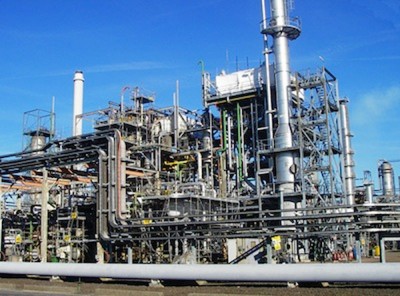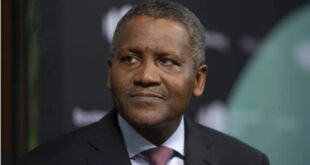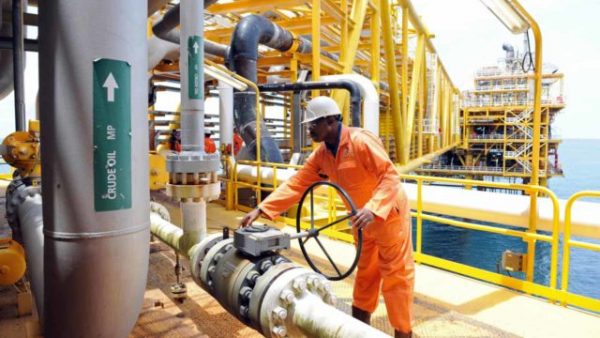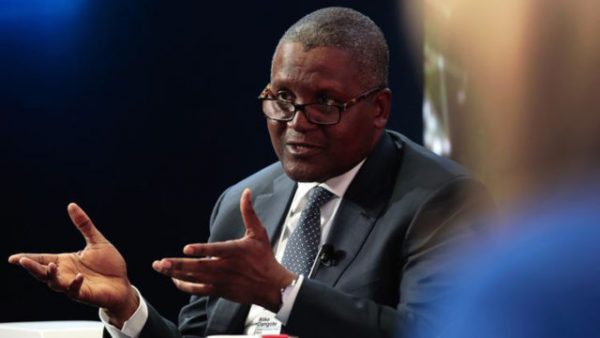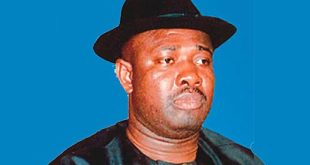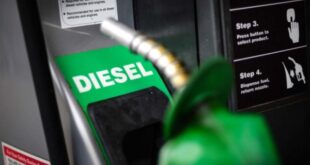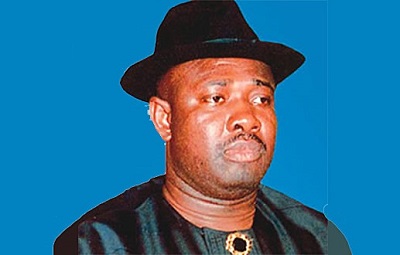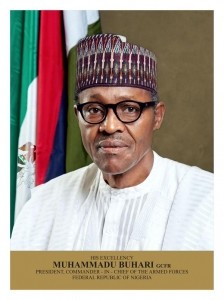 Crippling fuel shortages, power cuts, slowing economic growth and Islamist militants wreaking havoc are factors President Mohammed Buhari will take on as top on his to-do list as he took over power, today in Abua
Crippling fuel shortages, power cuts, slowing economic growth and Islamist militants wreaking havoc are factors President Mohammed Buhari will take on as top on his to-do list as he took over power, today in Abua
Former military ruler Buhari, 72, swept incumbent Goodluck Jonathan from office in March elections by pledging to end endemic corruption and Boko Haram’s rebellion in the north. His stewardship of Africa’s biggest oil producer, this time as elected president, may depend on the price of crude, which supplies the government with more than two-thirds of its income.

“Buhari is going to be running a government without the necessary funding, which is a big problem because expectations are very high,” Olusegun Sotola, research fellow at the Lagos-based Initiative for Public Policy Analysis, said.
Gen. Buhari takes charge with Brent crude down 46% from last year’s peak of $115.71 in June. Lower prices are already hurting Nigeria’s economy.

Growth slowed to 4% in the first quarter compared with 5.9% a quarter earlier, the national statistics agency said this month. The naira has declined 7.8% against the dollar this year.

Most Nigerian homes go without mains electricity for hours on end, and while the country pumps about 2-million barrels of oil a day, almost none is refined domestically, leaving Nigeria dependent on fuel imports.
Nigeria’s worst fuel crisis in a decade during a dispute between the government and fuel marketers over unpaid bills, which ended this week, disrupted flights and shut banks.
It also threatened the local operations of businesses including MTN, Africa’s biggest cellphone company, which like many relies on diesel generators to operate.
Though a military campaign by Nigeria and neighbouring countries this year has scored victories against Boko Haram in the northeast, the group is still waging a six-year-old campaign of bombings and guerrilla warfare.
Gen. Buhari, whose army background helped him electorally, has promised to crush the movement and has vowed zero tolerance for corruption.
The elections that culminated in Jonathan’s concession of defeat, the first in Nigerian history, allayed fears that the country might descend into the type of violence that followed previous votes, said Anna Rosenberg, associate practice leader for sub-Saharan Africa research at the Frontier Strategy Group.
Peaceful elections had restored a great deal of investor confidence, and many intended to accelerate their Nigerian expansion plans this year.
But if Gen. Buhari’s government failed to cut spending and tackle corruption and waste, “the low oil price could affect the economy even more severely than it already has”.
 MMS PLUS NG – Maritime, Aviation, Business, Oil and Gas News Online Newspaper with coverage in Maritime, Oil and Gas, Aviation, Power and Energy as well as Financial News
MMS PLUS NG – Maritime, Aviation, Business, Oil and Gas News Online Newspaper with coverage in Maritime, Oil and Gas, Aviation, Power and Energy as well as Financial News



